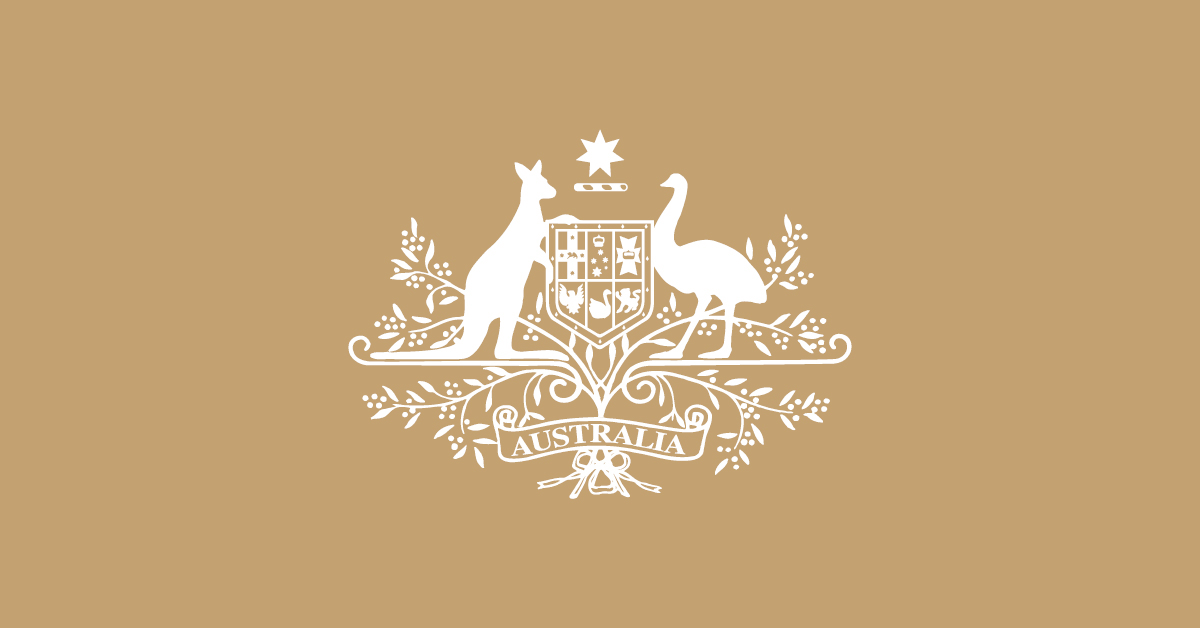The Reading Writing Hotline 30th Anniversary
**CHECK AGAINST DELIVERY**
I begin by acknowledging the Gadigal peoples of the Eora Nation – the Traditional Owners of the land we’re meeting on today.
I pay my respects to Gadigal elders past and present, and all Aboriginal and Torres Strait Islander people joining us.
It’s a great pleasure to be with you celebrating the 30th anniversary of the Reading Writing Hotline.
A well-known and much-loved Australian service.
Many of us take for granted our skills in reading, writing and numeracy.
We use them every day not stopping to consider how different our lives would be without them.
We take so many things for granted in a world designed on the assumption that we can read.
Bills, instructions, street signs, or a note sent home with the kids from school.
But many have a different experience.
We know that one in 5 Australians – around 3 million adults – have low literacy and/or numeracy skills.
Together, it is our job to help them.
And that is precisely where the Reading Writing Hotline fits in.
For 3 decades, the Reading Writing Hotline has assisted adults to find help to meet their literacy and numeracy needs.
The hotline connects adults who need assistance with a literacy or numeracy provider.
And the Commonwealth is proud to support this national treasure with more than $1 million each year to continue its critical work.
The hotline is iconic. And so is its jingle.
It’s been played on TV and radio almost unchanged for 3 decades and is one of our most memorable ads.
That jingle was a stroke of genius.
It factored in that standard communications do not always work for those facing challenges with reading and writing.
The hotline opened in 1994, but its inception was a little earlier in 1990, during UNESCO’s International Literacy Year.
It was originally established as a support line for an ABC TV series called The Reading Writing Roadshow, but from there it grew into a more general literacy and numeracy support service.
Since that time the hotline has received more than 180,000 calls.
Maree was one of those callers.
She describes how she ‘bluffed’ her way through life, disguising the gaps in her reading and writing skills.
The hotline referred her to classes, helping her to improve those skills, which contributed enormously to her self-esteem.
Once she started she did not look back.
Even as more people access information online, the hotline remains as important as ever.
It remains a critical response to the difficulty in navigating a complex and confusing system and still receives 4,000 calls a year.
It provides information to individuals, and also to employers, job agencies, libraries, and government departments.
The Albanese Government is committed to supporting adults to improve their language, literacy, numeracy, digital literacy and employability skills.
Just three months after being elected we convened the Jobs and Skills Summit and committed to reinvigorating foundation skills programs.
A month later, I set up the Foundation Skills Advisory Group.
And I thank its many members who are here today for their contribution and commitment to the Government’s reforms.
From July this year, we are investing $436 million over 4 years for a redesigned Skills for Education and Employment program.
The redesigned program will improve access for any Australian seeking to improve their foundation skills.
Critically, we are improving access by removing the requirement that participants be registered job seekers.
This reflects a different view to our predecessors.
Foundation skills are important to getting a job.
And foundation skills are not only about employment.
They are critical to participating in your community, and to accessing so much of what life has to offer.
Our landmark $30 billion five-year National Skills Agreement embeds national cooperation in our vocational education and training sector.
The agreement will expand and transform access to the VET sector, support quality training and implement reforms to address critical skills needs.
Under the agreement we’re investing up to $142 million to improve foundation skills training quality - and access.
This includes up to $77 million for foundation skills training through the Adult and Community Education sector, or equivalent.
Funding for those providers recognises the key role they play in supporting the most disadvantaged Australians, who may find it difficult to engage with mainstream education and prefer to learn in a more informal community environment.
The initiative will also develop a 10-year national foundation skills strategy to strengthen the quality and sustainability of the sector.
As I said before, accessing foundation skills can be complex and confusing.
This is what gave rise to the Hotline.
Despite the terrific work of the Hotline there is more do.
That is why the National Skills Agreement includes a commitment to a “no wrong door” approach to accessing foundation skills.
That if someone needs help and seeks help, governments and those offering foundation skills education will assist people to find the right option for them.
This will form a critical part of the national strategy.
It will require more discussion and more work.
And it will draw on the goodwill and shared commitment of all governments.
And despite the inaction of our predecessors, in the budget this year we committed to rejoin PIAAC – the international survey of adult literacy, numeracy and problem-solving skills.
We have conveyed this to the OECD and await their confirmation.
The help the Reading Writing Hotline has given thousands of people over 3 decades is something you should be very proud of.
Every person who has been a part of the hotline over its history, and all its hardworking partner organisations deserve to be acknowledged and thanked for their contribution.
Congratulations and thank you.
View Original | AusPol.co Disclaimer
